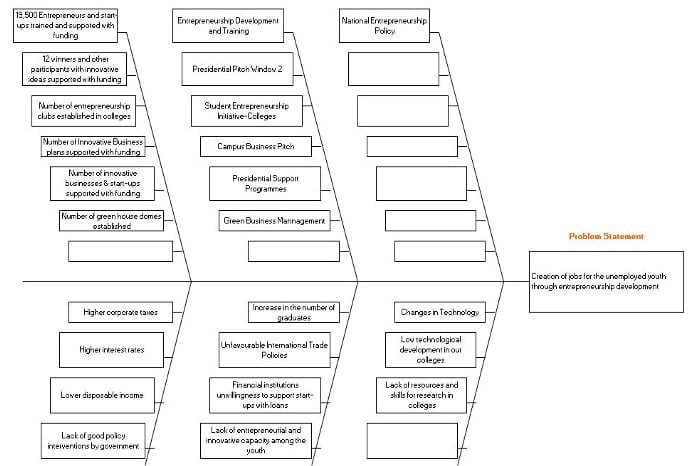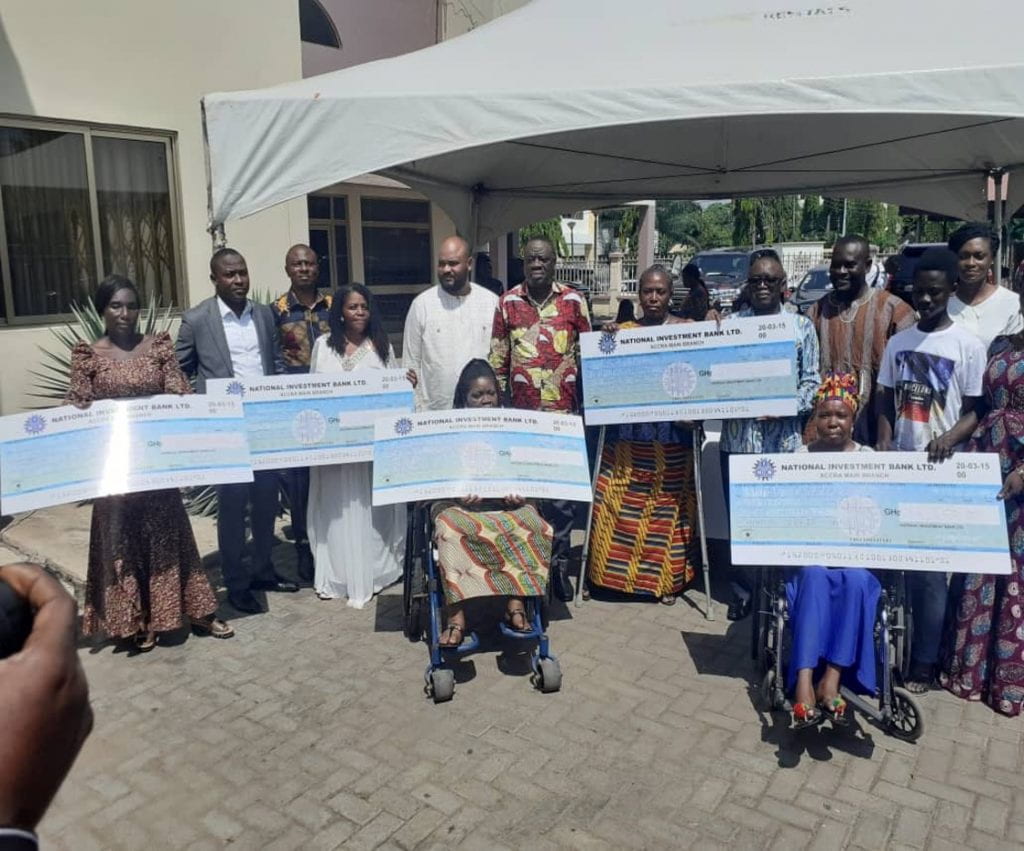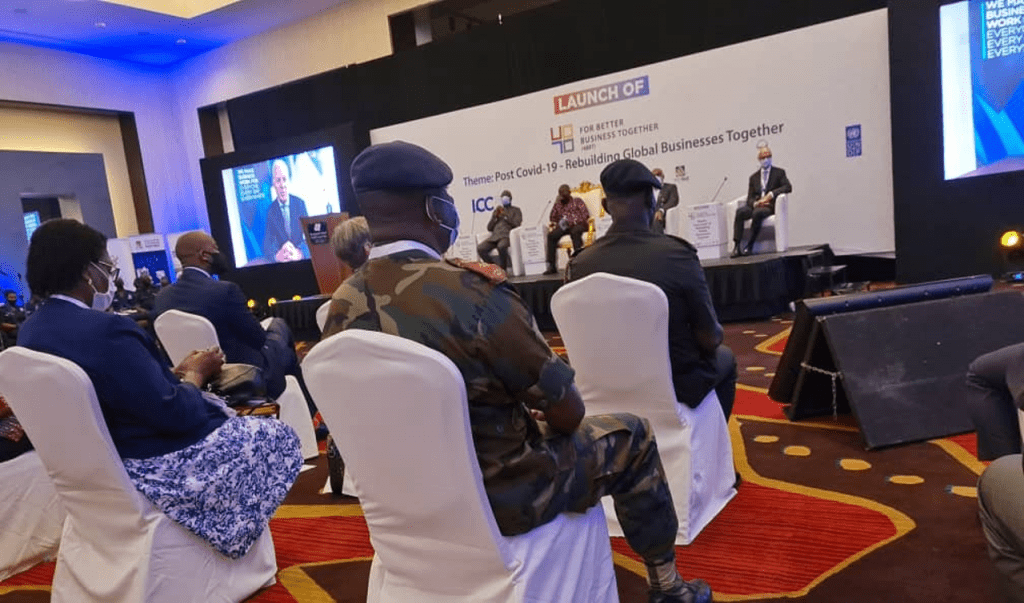Guest blog by Osman Haruna Tweneboah
My expectations for signing up for the programme
I was actually excited to start the IPP programme at Harvard Kennedy School not only because of the brand name of the School, the popularity and the international respect accorded to the School, but I was also looking for a solution to my policy challenge. My policy challenge revolves around, “the creation of jobs through entrepreneurial development for the youth”. The IPP programme actually provided me with the tools not only overcoming the problem but also learning. Upon commencement of the programme, I thought I was going to learn through the usual theoretical way, little did I know and believe that the course was very practical and interesting, though rigorous and time consuming.

The seven month course with participants from all over the globe taught me so much beyond my expectations. Though I had previously taken an Executive MBA programme in Ghana, this one was unique and more practical coupled with the advantage of wider networking among cohorts.
Some of the key learnings from the course
Having gone through the IPP Programme, I believe that with PDIA in practice, public policy challenges could be overcome when applied systematically through iterative learnings. Below are some of the key learnings from the programme.
I learned from the IPP programme that policy challenges are inevitable as far as organizations are concerned, and that they can be dealt with the application of the PDIA concept among other various tools. One other critical requirement in iterative learning, which to me is a major takeaway, is the need to continuously grow authority since authorization enhances progress and legitimacy obtained from the people.
We need to keep growing our legitimacy in order to ensure operational functionality
Develop a learning culture at work through iterative learnings
We have been taught to take small, systematic and cumulative steps through PDIA framework among others.
Building and maintaining a well-motivated solid team
All problems encountered are opportunities to gain knowledge
When challenges are taken in small steps, successful outcomes are more likely.
Iteration makes it easier to keep the policy objective in focus
Overtime it makes it possible for leadership to differentiate their personal interests from the Policy objectives
It makes it easier to make small steps projections
It improves feedback mechanisms
It is easy to control deviation from main objectives
I equally learned that iteration fosters team work and breaks down barrier
Stakeholders are all involved in the policy implementation
Weak links are easily identified
Policy programming is improved through iterations
It addresses the issues of the 4Ps in a dynamic way for leaders
It motivates participants because of the small steps, small wins scenario
It encourages interaction among stakeholders
It is a platform for listening and learning
The dynamics of team-building makes it crucial to understand the 4Ps modules (Perception, Process, People, Projection) in order to be a great leader. This is probably one of the most important concepts I learned in this journey.



The above images indicate financial support we extended to women with disability after training them. Grants were given to them in one of our numerous iterations to enable them scale up their businesses.

The above meeting was one of the high-profiled ones organized by the steering committee as part of the implementing the policy geared towards creation of jobs for the youth through entrepreneurship development. The president of the Republic of Ghana was the guest of honour and some of the various key speakers were the Hon. Minister of Business Development, Dr Awal Ibrahim, The Minister of Finance, Hon Kenneth Ofori-Attah and other High Commissioners of the ECOWAS region among others including myself, some of the presidents delivered their speeches via virtual medium. The main theme of the programme was “Post Covid-19- Rebuilding Global Businesses Together”. The pictures and images are some of activities that were carried out in the course of the implementation of the programmes and project that were rolled out to iteratively overcome the policy challenge. Among the first lessons taught in programme is the difficulty involved in implementing public policy, and that, new intractable challenges will keep occurring. It therefore goes without saying that a career in public policy is in itself challenge.
Above all, being part of this programme, has undoubtedly developed my skills in implementing public policy. Having iterated with my team of project steering committee and other stakeholders in the sector, we produced together a fishbone diagram which captured some of the major problems worthy of solutions.
This is a blog series written by the alumni of the Implementing Public Policy Executive Education Program at the Harvard Kennedy School. Participants successfully completed this 6-month online learning course in December 2020. These are their learning journey stories.
